CAIT launches "Say No to Plastic" nationwide campaign; seeks rehabilitation of industries producing plastics
Updated: Sep 11, 2019 07:35:51am
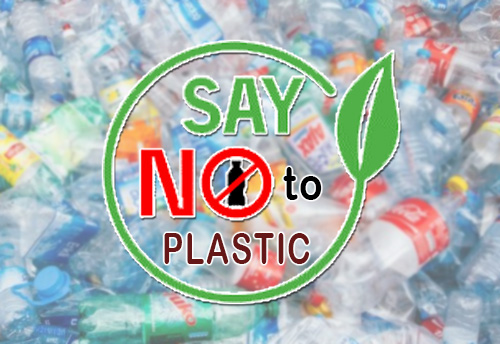
CAIT launches "Say No to Plastic" nationwide campaign; seeks rehabilitation of industries producing plastics
New Delhi, Sep 11 (KNN) The Confederation of All India Traders (CAIT) has launched a nationwide campaign among trading community to encourage them to "Say No to Plastic".
‘’Having a rapidly increasing adverse impact on environment, the Prime Minister is repeatedly making appeals at different national and international forums for his resolve to ensure no usage of single use plastic and it reflects how the Government is serious about this move and therefore traders being last mile connect with 130 crore people of the Country needs to be educated and aware, ‘’ said CAIT in a press release.
However, commenting on the after effect of this movement, both National President B C.Bhartia & Secretary General Praveen Khandelwal of CAIT reminded government to look in to the rehabilitation of thousands of industries producing plastic. They said these units give employment of tens of lakhs of the people in the country.
‘’The Government should also look in to the rehabilitation of thousands of industries producing plastic giving employment of tens of lakhs of the people in the Country,’’ they said.
‘’If alternate is not provided to them then there will be chaos and unemployment in the Country. On the other side, the Govt should direct MNCs & Corporate sector not to use single use plastic either in their production line or packing of finished goods,’’ they added.
The CAIT has issued an advisory to traders across the Country that from 2nd October instead of plastic bag, they should start using cloth or jute bags charges of which can be collected from consumers or advise the consumers to bring such bags with them. They have also urged Union Environment Minister Prakash Javedkar to convene a meeting with all stakeholders to make this campaign a success.
Citing a study of Central Pollution Control Board and other Institutions, they informed that about 26 Metric tonne of plastic is generated per day the weight of which is equivalent to 9000 elephants or 86 Boeing Jet 747 which is quite alarming. Out of this about 11 Metric tonne of plastic remain uncollected. As per the report 1/6th of plastic waste generate from 60 cities and half of the share generate from five Metropolitan cities Delhi, Mumbai, Banglore, Chennai & Kolkata.
They further said that Packaging has the largest share of 43% in plastic use followed by 21% in infrastructure, 16% in Auto sector, 2% in Agriculture and 18% from other sources. The Households generates maximum plastic waste in which water & soft drink bottles forms a large portion. About 43% manufactured plastic is used for packaging purposes and most of them are single use. The average Per Capita consumption of plastic in the Country is about 11 Kg as against global average of 28kg and US 109 Kg. It is a concern that seas near Mumbai, Kolkata and Andman & Nicobar Islands are among the worst polluted seas in the World. By 2050, the amount of plastic in seas and oceans across the World is estimated to weigh more than fishes.
Likewise E-commerce companies are also responsible for excess use of plastic packaging and therefore E Commerce Companies & Online food delivery Companies should be made responsible for the plastic waste they generate otherwise they will continue to contribute in rising plastic waste in the Country. These internet companies ar covered under the ambit of extended producer responsibility norms of Plastic Waste Management Rules, 2016 but due to no monitoring system they are using the plastic for their advantage.
Both Bhartia & Khandelwal said that the Government should consider to adopt some best practices followed in cities like Bangalore where Dry Waste Collection Centres have not only been established but also have a self-sustainable business model.
‘’The Government should ban import of plastic and a third party audit for monitoring mechanism needs to be set up. They also said that Plastic users should be provided with feasible alternatives, which are not costly and made aware of these options. Industry should also be pushed to work on R&D to work on packaging alternatives, provided with time to work on this and given targets to phase out different types of plastic,’’ they concluded.

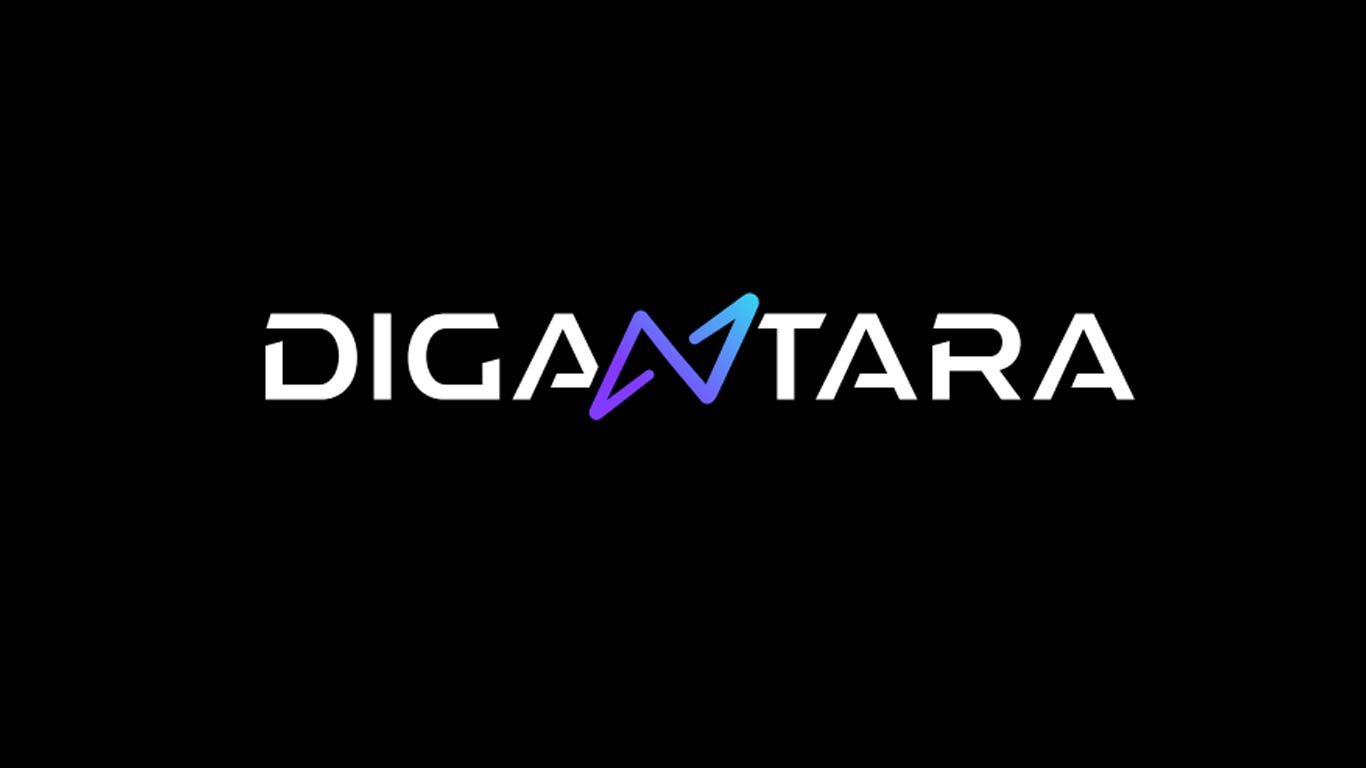
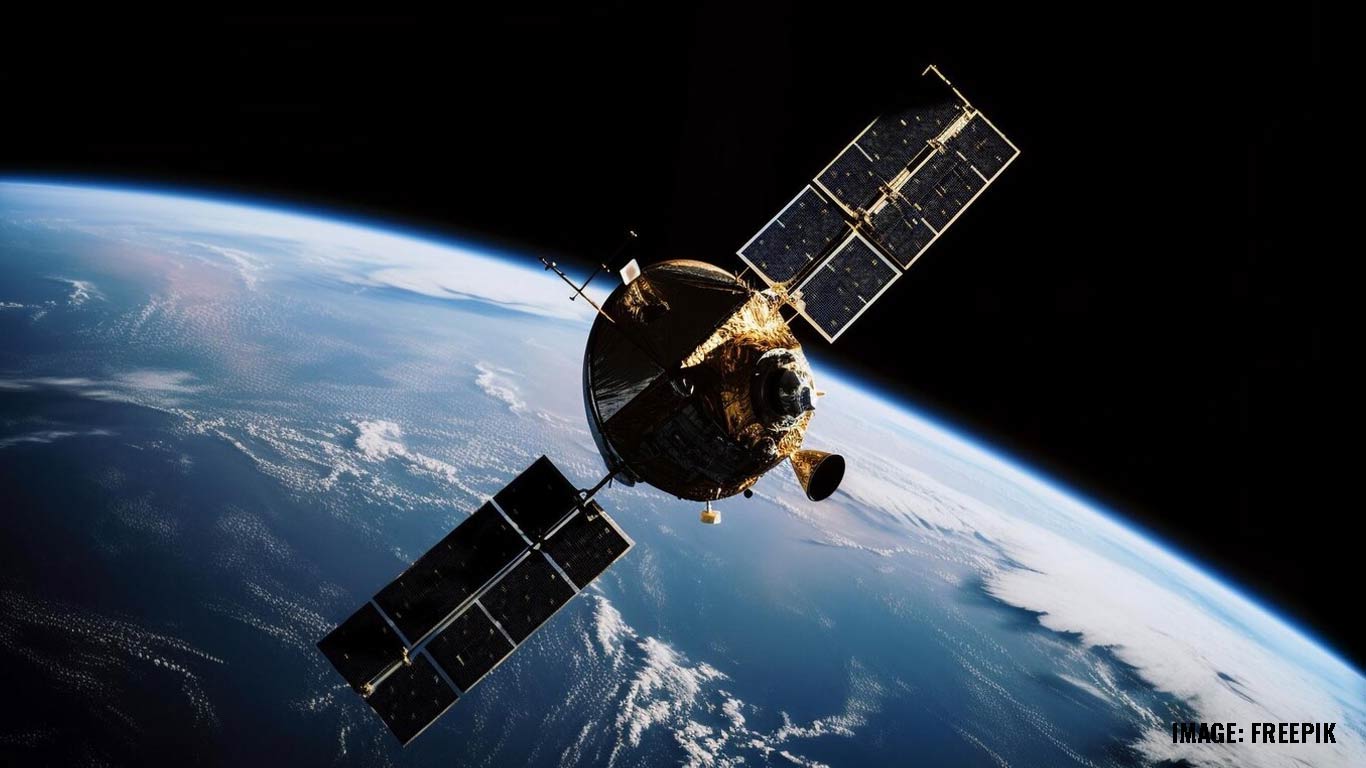

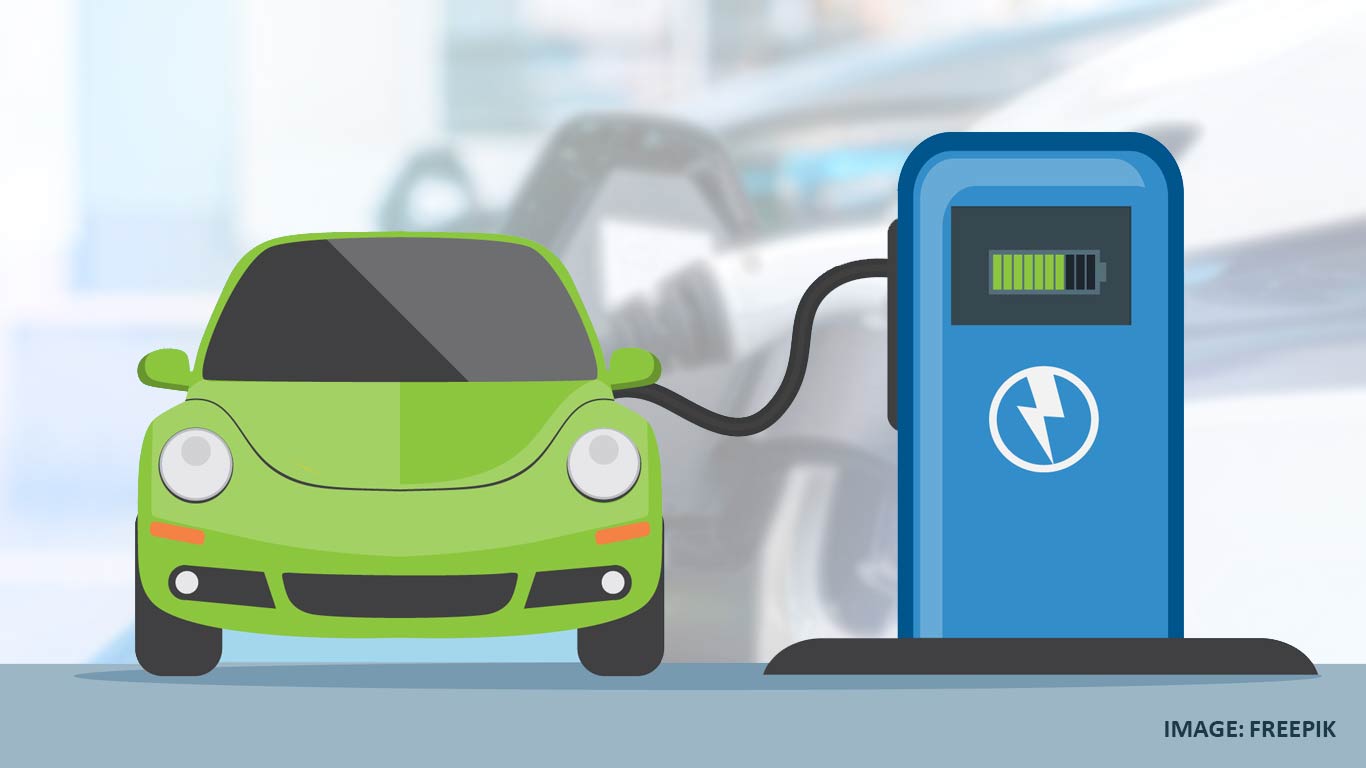
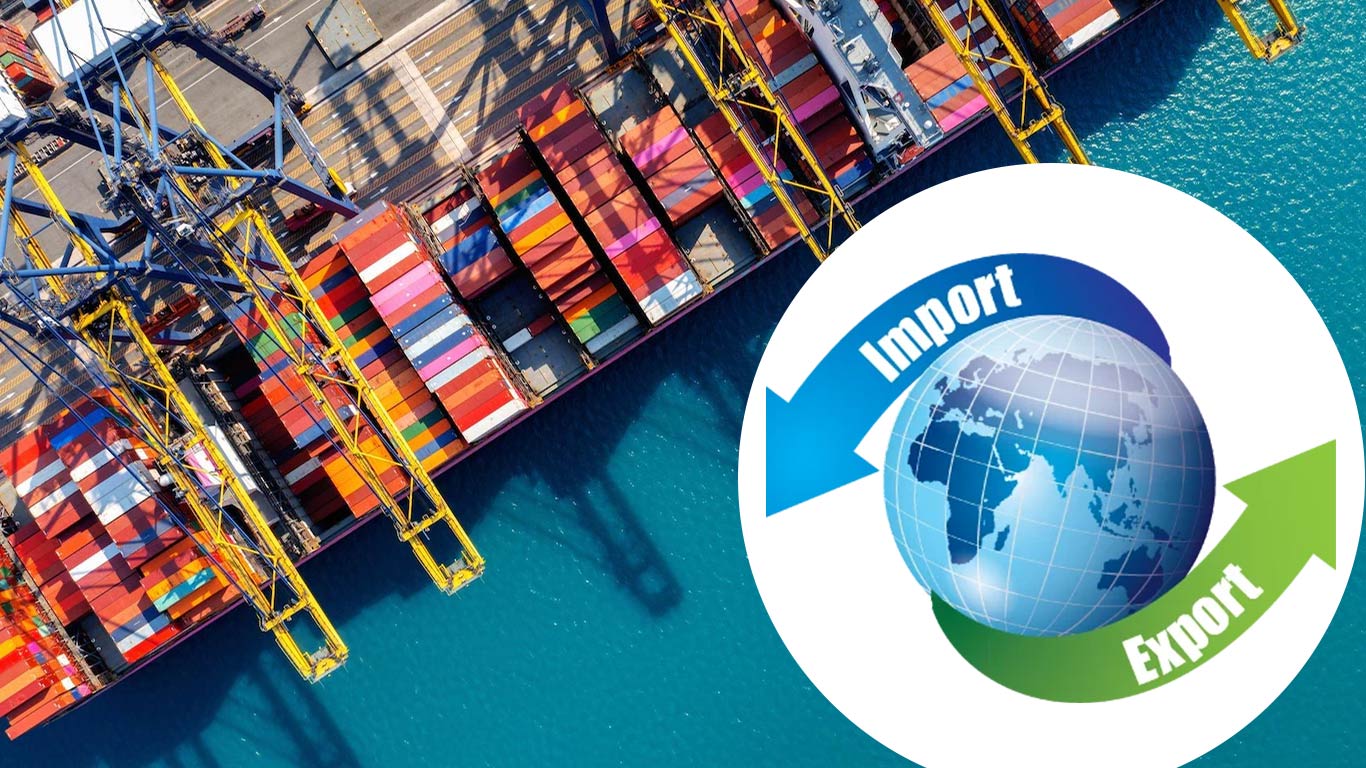





